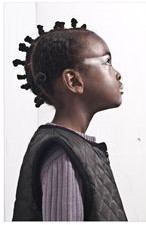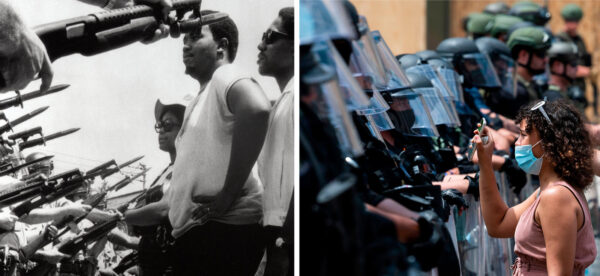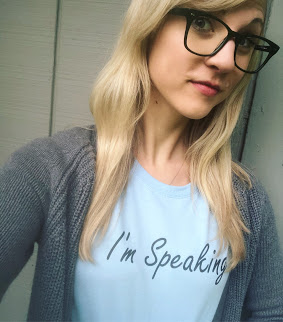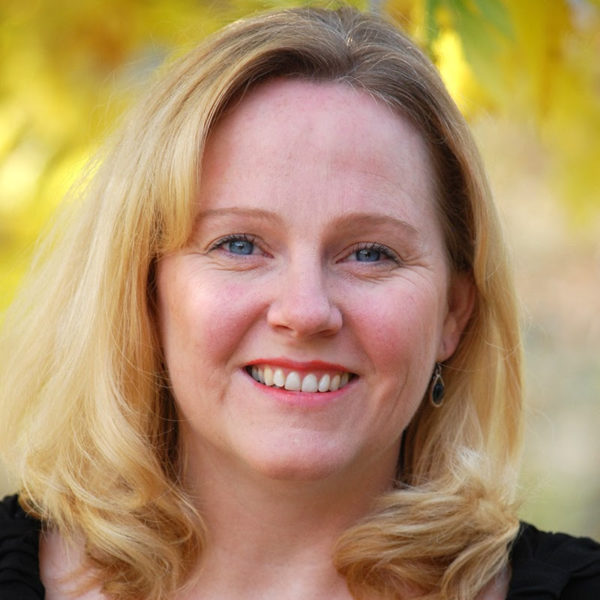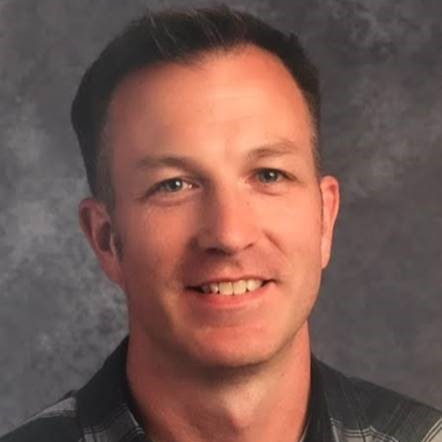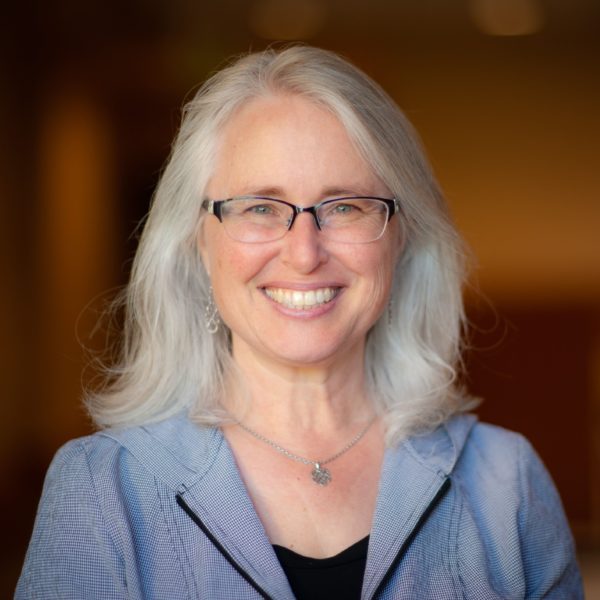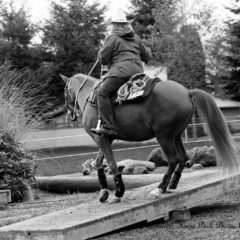My family moved to the United States almost twenty-three years ago from Ukraine. My younger brother turned six that summer and attended first grade in Washington. Our family moved before his third-grade year, marking the start of his struggle with school.
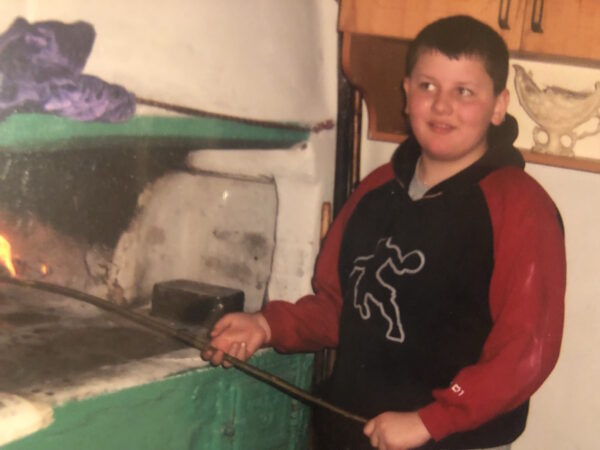
My parents don’t recall ever being notified of the placement. They say, I brought it to their attention at the end of his fifth-grade year when I asked them why he qualified for the SPED program. My parents first had me explain what SPED meant. Then, they contacted the school to ask the same question: what about my brother qualified him for SPED?
Continue reading
